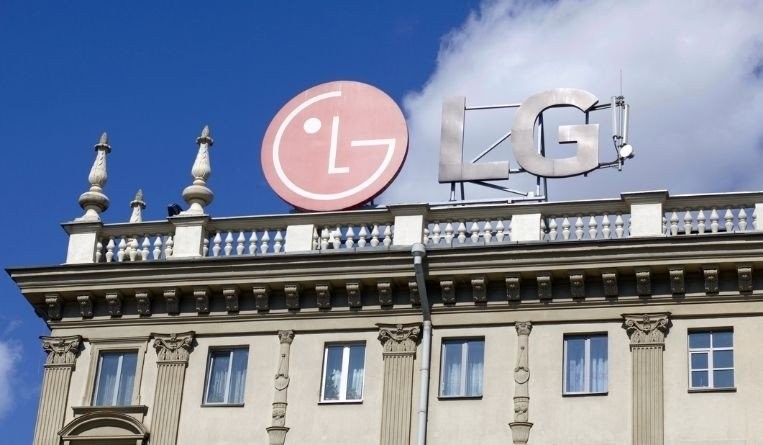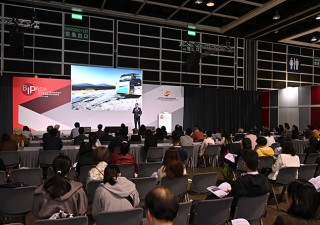LG Electronics sued by American mobile software company for patent infringement
07 April 2021

Based in Marshall, Texas, Seven Networks filed a patent infringement lawsuit against LG in the Eastern District Court of the same state on March 12, 2021.
Seven claimed that LG’s smartphones such as the G-, K-, Q- and V-Series, as well as tablets such as the G-Pad sold in America violated its technology patents registered with the US Patent and Trademarks Office.
Seven asked the court to order LG to acknowledge its patent infringement, compensate for the damage and pay legal fees, because LG has infringed on a total of eight of its patents that are related to mobile devices and network optimization technology.

“The patents owned by Seven Networks should be considered in the broader context of Seven Networks as a whole. Seven Networks was formed in the dot-com era as a wireless communications service provider, and was first sued for patent infringement itself by Visto Corporation in the early 2000s. As such, Seven Networks was forced to deal with patent rights early on it its corporate history, and apparently adapted to that regime by expanding its portfolio. In 2015, Fortress Investment Group gained control of Seven Networks. Fortress also has control of other entities, most notably VLSI Technology, and has been challenged for alleged anticompetitive practices in the Northern District of California. The original antitrust lawsuit was dismissed because the court found that the plaintiffs had not plausibly shown that Fortress realized supracompetitive royalties as a result of the alleged anticompetitive practices, but the recent verdict obtained by VLSI Technology against Intel might be relevant to the issues in that case in some manner,” says Christopher Rourk, a partner at Jackson Walker in Dallas. “In regards to the specific claims against LG by Seven Networks, it is noted that many of Seven Networks’ patents that have been asserted against others (e.g. Samsung, Apple, Google and ZTE) have been challenged at the Patent Trial and Appeal Board, which instituted trial for many of those challenges (although several were not instituted). The Board only institutes trial if it determines that the petitioner has a reasonable likelihood of prevailing on at least one challenged claim, although that is not a guarantee that it will do so. The associated litigation matters typically settled shortly after institution. Thus, while it is possible that the accused LG smartphones infringe the asserted patents, it is also possible that the asserted patents are invalid over prior art that was not considered by the patent office during the original examination of the patents. Without engaging in a detailed analysis, it is difficult to assess whether the patents are possibly infringed or invalid, and such matters are usually only apparent after much litigation.”
“As discussed above, while Seven Networks was formed as an operating company, it has apparently transitioned more towards patent assertion (either alone or in conjunction with other companies owned by Fortress Investment Group), although it is noted that its website identifies a number of products,” Rourk says. “Whether those products generate any revenue other than revenue associated with patent licensing is not readily apparent from the website. None of the cases brought by Seven Networks has resulted in a jury verdict, and the only jury verdict that has been obtained by Seven Networks was a loss to Visto Corporation.”
“In the antitrust litigation brought against Fortress, there is very little publicly available information about the royalties that have been realized through Seven Network’s litigation campaign, and many of the assertions made about the alleged supracompetitive royalties were based on settlement demands and not actual realized royalty amounts,” he says. “One area that could be improved in US patent law (as well as the patent law in other countries) would be to provide greater certainty about the value of a patent by requiring royalty rates to be made public, similar to what is done for most standards patent licensing pools. In the absence of any such guidance, LG will need to evaluate the risks of litigation versus the cost of settlement. As is common in such patent litigation matters, the amount of damages being sought by Seven Networks is not specified in the complaint.”
Johnny Chan






